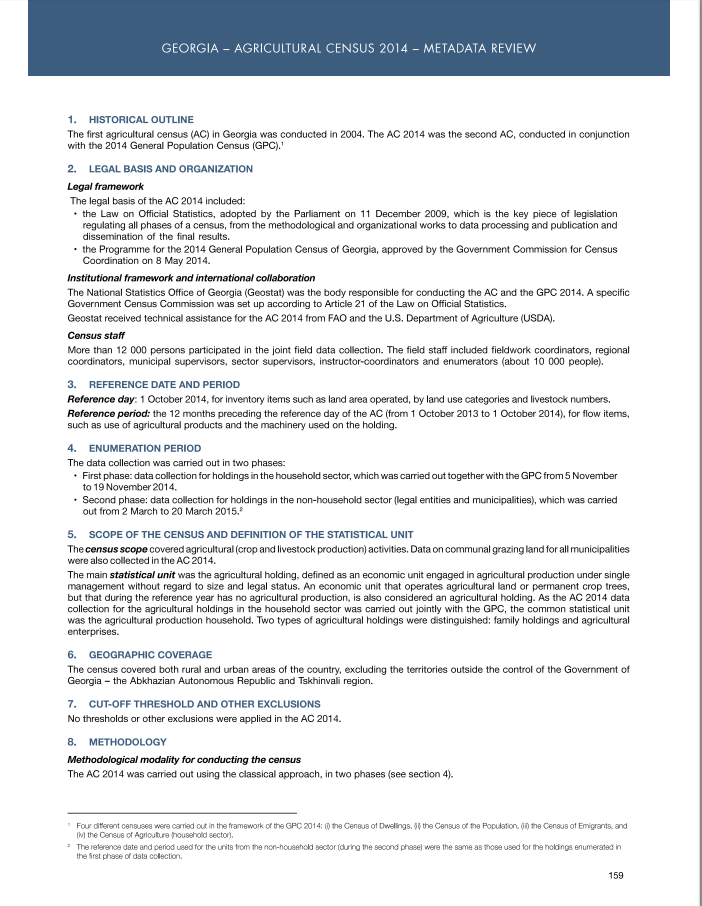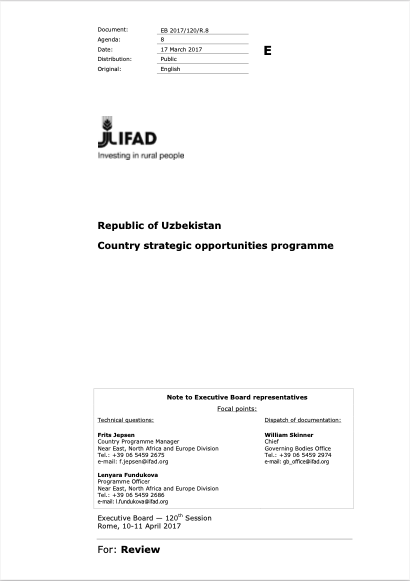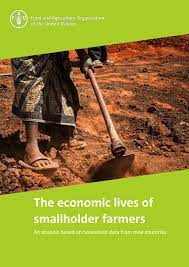Impact of large scale investments on the livelihoods of smallholder farming communities : the cases of green fuels and Tongaat Hullett Zimbabwe
The impacts of large-scale agricultural investments on rural communities’ land ownership, food security, productivity, income, and access to education and health differ within and between communities depending on business and government influence.











